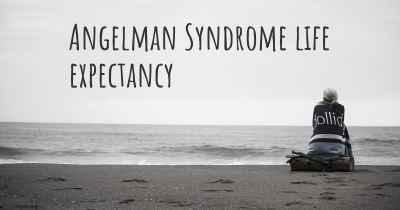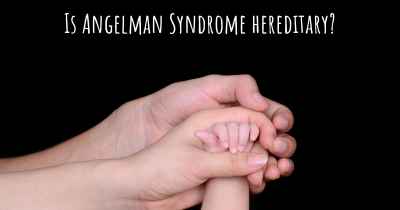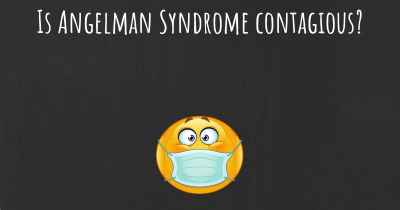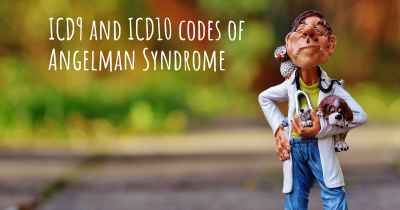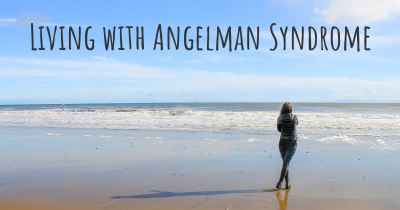4
How is Angelman Syndrome diagnosed?
See how Angelman Syndrome is diagnosed. Which specialists are essential to meet, what tests are needed and other useful information for the diagnosis of Angelman Syndrome
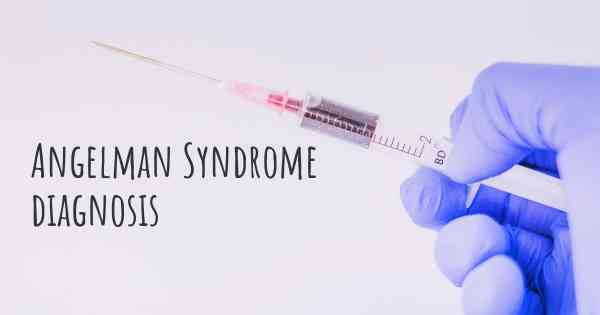
Diagnosis of Angelman Syndrome is extremely complex and must be done in a specialised lab set up for genetic testing
Blood tests on the child/adult affected plus both parents. These samples are then genetically tested for proof of inactivation or mutation of the UBE3A gene on the maternal 15th Chromosome. This can be caused by a translocation, mutation or defect in the maternal copy of the DNA that controls the switching on of the UBE3A gene and the child will have Angelman Syndrome
In the case of a child exhibiting a deletion of certain genes on the paternal 15th Chromosome or a 2nd copy of chromosome 15 from mother and none from father the child will have Prader Wili syndrome
These conditions are not usually inherited but occur at random. These positive diagnosis are rare.
Helpful site to refer to for general information: https://ghr.nlm.nih.gov/condition/angelman-syndrome
Once diagnosed, early intervention is recommended. Speak to a genetic counsellor who can answer any questions you may have. Engage a neurologist specialising in the area of Angelman Syndrome. Seek on-going advice and assessment by podiatrist, OT, physiotherapist, paediatrician with knowledge background in AS, speech therapist knowledgeable in communication aides as well as therapies to increase tone and strength in oral/throat muscles to help initiate speech and strengthen muscles associated with sucking, mastication and swallowing. Sleep specialist and psychologist specialising in modulating therapies for hyperactivity and diversional therapies may be of great assistance
Blood tests on the child/adult affected plus both parents. These samples are then genetically tested for proof of inactivation or mutation of the UBE3A gene on the maternal 15th Chromosome. This can be caused by a translocation, mutation or defect in the maternal copy of the DNA that controls the switching on of the UBE3A gene and the child will have Angelman Syndrome
In the case of a child exhibiting a deletion of certain genes on the paternal 15th Chromosome or a 2nd copy of chromosome 15 from mother and none from father the child will have Prader Wili syndrome
These conditions are not usually inherited but occur at random. These positive diagnosis are rare.
Helpful site to refer to for general information: https://ghr.nlm.nih.gov/condition/angelman-syndrome
Once diagnosed, early intervention is recommended. Speak to a genetic counsellor who can answer any questions you may have. Engage a neurologist specialising in the area of Angelman Syndrome. Seek on-going advice and assessment by podiatrist, OT, physiotherapist, paediatrician with knowledge background in AS, speech therapist knowledgeable in communication aides as well as therapies to increase tone and strength in oral/throat muscles to help initiate speech and strengthen muscles associated with sucking, mastication and swallowing. Sleep specialist and psychologist specialising in modulating therapies for hyperactivity and diversional therapies may be of great assistance
Posted Jul 25, 2017 by Bronwyn 650
Translated from portuguese
Improve translation
Examination specific to Angelman Syndrome, in cases in which the suspicion has been detected in the evaluation with a specialist, namely a neurologist. Also have genetic tests to be made.
Posted May 8, 2017 by Rosane Rafa 1000
Translated from portuguese
Improve translation
Exame de sangue, genetica
Posted Sep 13, 2017 by Natália 1000
